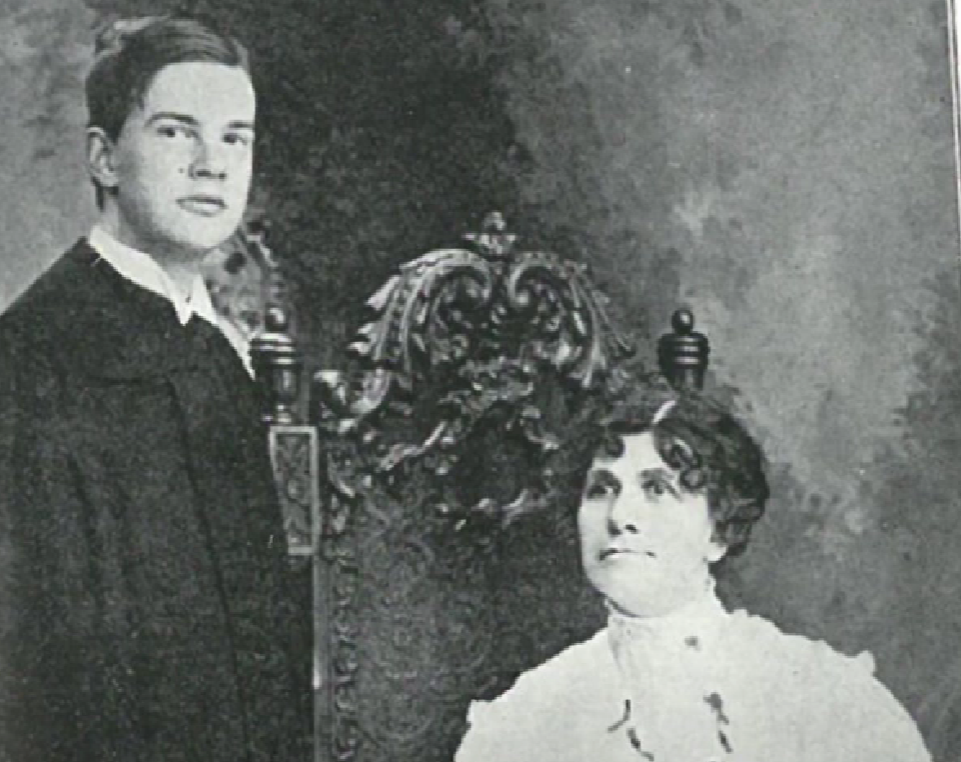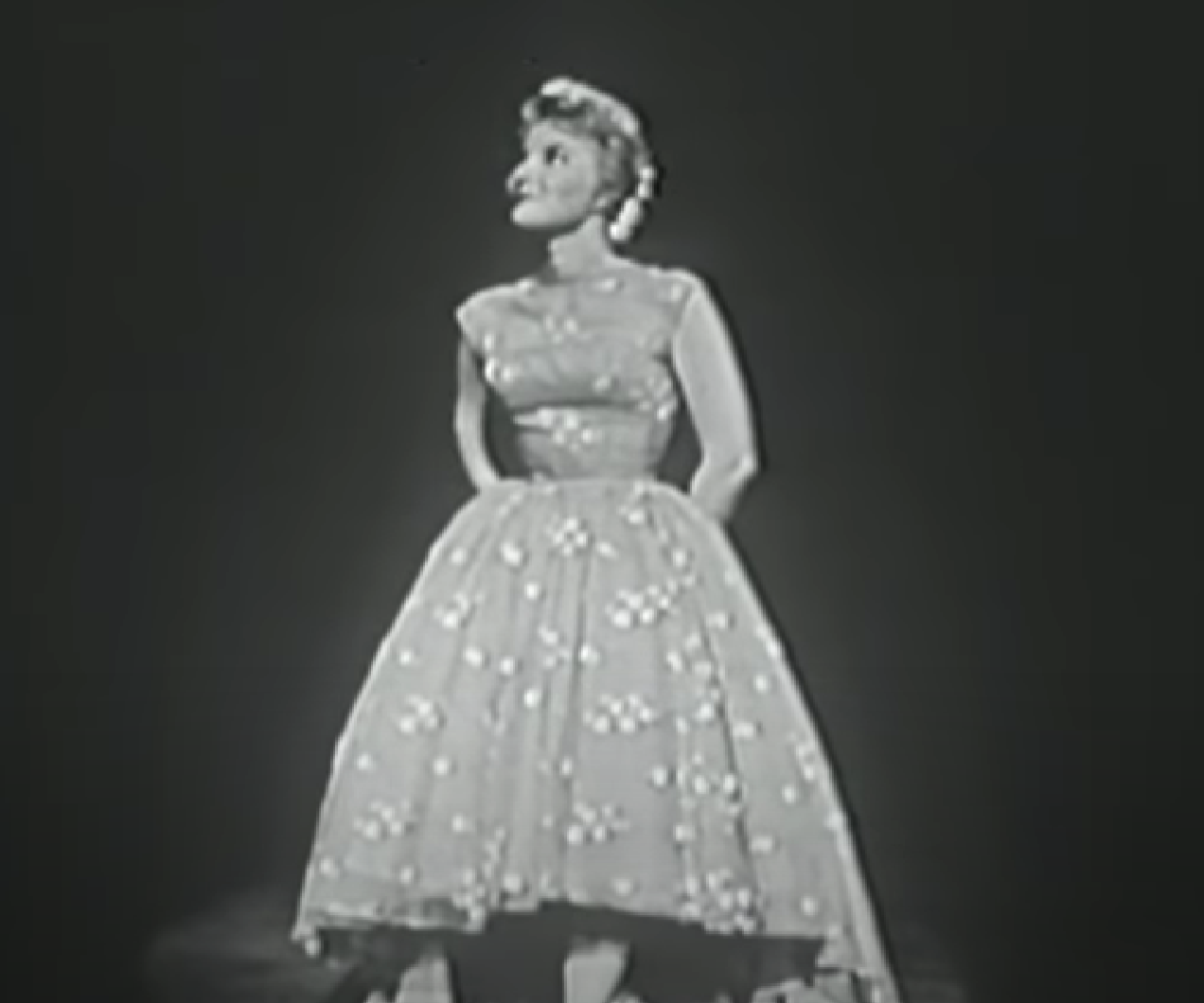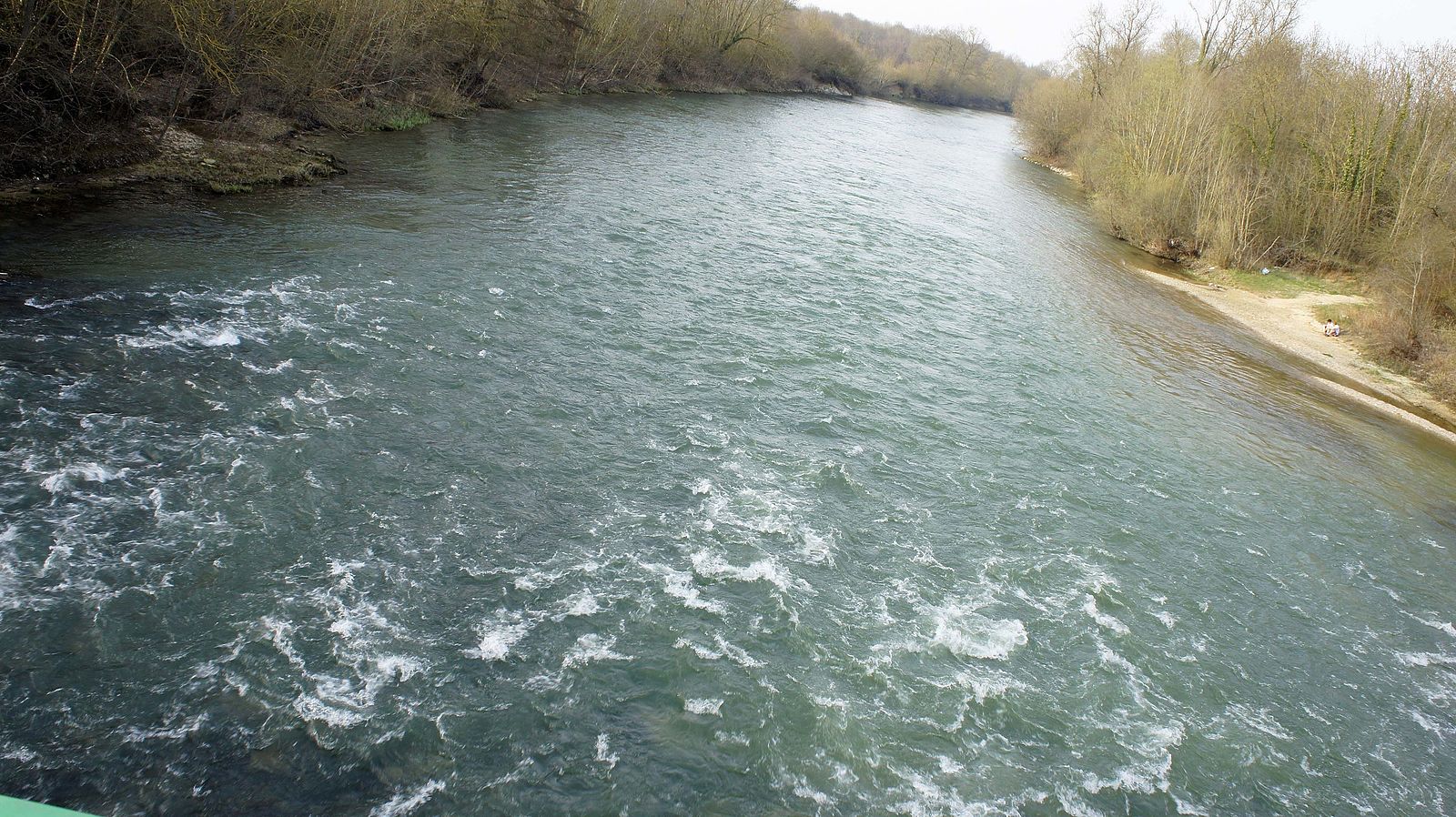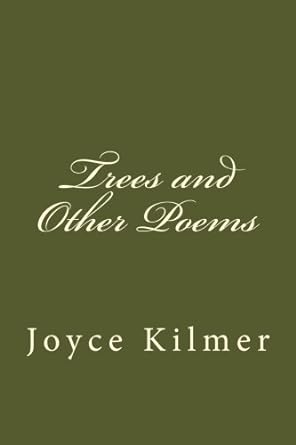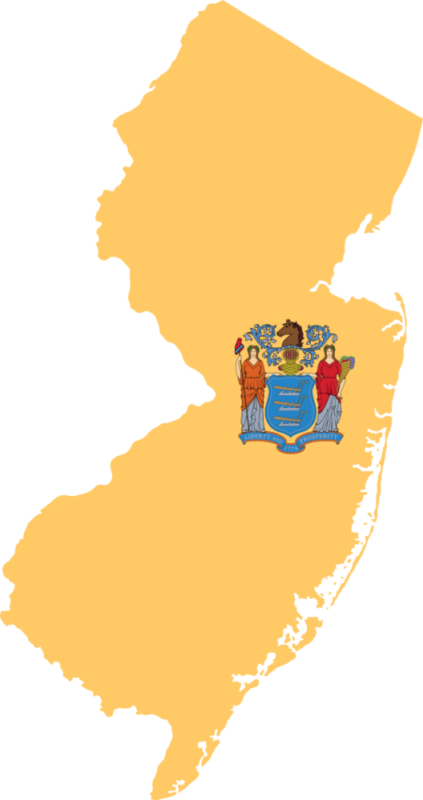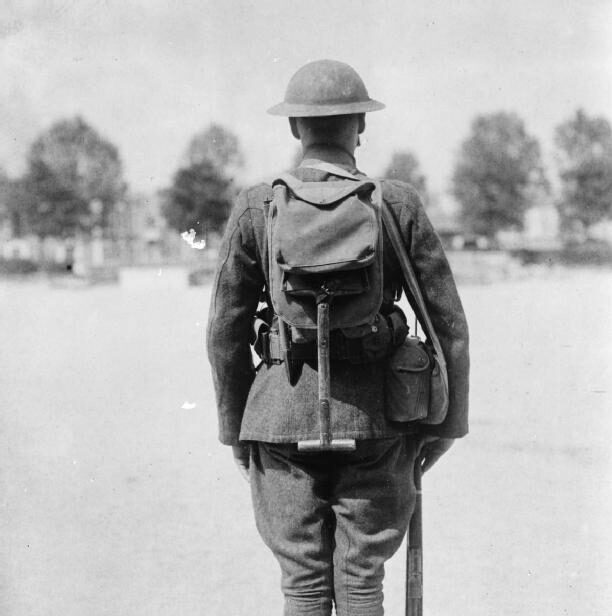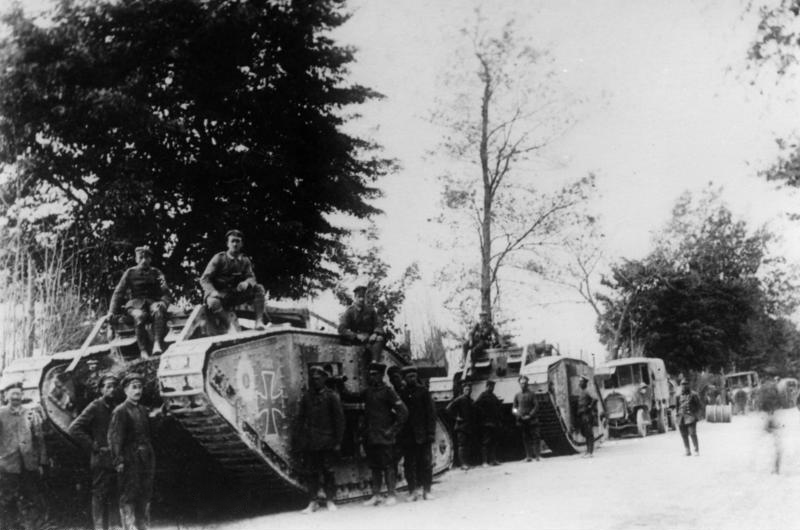Words to remember
I think that I shall never see
A poem lovely as a tree.
A tree whose hungry mouth is prest
Against the earth’s sweet flowing breast;
A tree that looks at God all day,
And lifts her leafy arms to pray;
A tree that may in Summer wear
A nest of robins in her hair;
Upon whose bosom snow has lain;
Who intimately lives with rain.
Poems are made by fools like me,
But only God can make a tree.
(Consider memorizing the above)
The Story
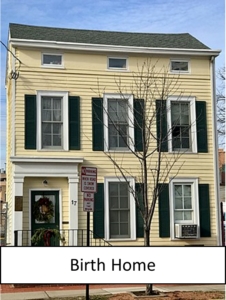 On a cold winter day, a woman named Annie anticipated the birth of her child. The day was December 6, 1886. The small family lived in a comfortable home located in New Brunswick, New Jersey. Her husband, Dr. Frederick Kilmer, was a physician and chemist known for inventing Johnson and Johnson’s baby powder. This would be Annie’s fourth and last child. Two of her children had already died in infancy. Would this child meet the same fate?
On a cold winter day, a woman named Annie anticipated the birth of her child. The day was December 6, 1886. The small family lived in a comfortable home located in New Brunswick, New Jersey. Her husband, Dr. Frederick Kilmer, was a physician and chemist known for inventing Johnson and Johnson’s baby powder. This would be Annie’s fourth and last child. Two of her children had already died in infancy. Would this child meet the same fate?
The baby was a boy. The couple named their son “Joyce”. Their boy did grow up and even had a family of his own, yet all of Annie’s children would die long before her.
Annie enjoyed writing and composing music. Perhaps this is where her son, Joyce, developed his love of writing. When eight, Joyce began school at Rutgers College Grammar School. He became editor-in-chief of the school paper. All through preparatory school he wrote. While in his high school years, he met Aline, who also loved to write. The two fell in love, but waited to marry until after he graduated from Columbia University in 1908.The next year, they had a baby of their own. Four more children soon followed. All the while, both Joyce and his wife wrote and wrote.
Joyce also worked hard. Soon after his marriage he got a job helping to write a dictionary. Joyce got paid five cents for each word he defined. For most men, this would earn them ten to twelve dollars a week. However, it was said that Joyce “attacked the task with such vigor and speed that it was soon thought wisest to put him on a regular salary” (so he got paid by the year instead of by how much work he did).
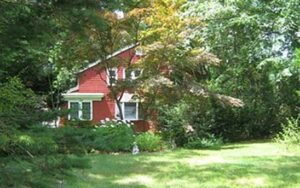 When their second daughter Rose was born in 1912, life changed forever. Rose was soon struck with paralysis. The couple turned to God for help and converted to Roman Catholicism. Joyce described how “every morning for months” on his way “to the office” he “prayed for faith.” He says that that when “faith did come, it came, I think, by way of my little paralyzed daughter. Her lifeless hands led me; I think her tiny feet know beautiful paths.”
When their second daughter Rose was born in 1912, life changed forever. Rose was soon struck with paralysis. The couple turned to God for help and converted to Roman Catholicism. Joyce described how “every morning for months” on his way “to the office” he “prayed for faith.” He says that that when “faith did come, it came, I think, by way of my little paralyzed daughter. Her lifeless hands led me; I think her tiny feet know beautiful paths.”
Joyce loved to write about nature and his faith. The next year Joyce wrote the poem “Trees.” The family had been living in a home surrounded by beautiful trees (see picture), which perhaps inspired his work. His poem “Trees” made Joyce even more famous. He toured giving lectures and was soon considered the leading American Catholic poet of his time.
Joyce’s beloved daughter Rose would not live long. She died at the age of 4. Joyce then found himself leaving his grieving wife with a newborn as he traveled to France to fight in World War I. In France, Joyce soon became a sergeant. He was recommended to become an officer several times, but he chose instead to stay with his division. Joyce was respected by the soldiers around him. One man said, “[h]e was worshipped by the men about him. I have heard them speak with awe of his coolness and his nerve in scouting patrols in no man’s land. This coolness and his habit of choosing, with typical enthusiasm, the most dangerous and difficult missions, led to his death.” Joyce was killed by a sniper’s bullet at the Second Battle of the Marne, just one year after arriving in France. He was only 31.
himself leaving his grieving wife with a newborn as he traveled to France to fight in World War I. In France, Joyce soon became a sergeant. He was recommended to become an officer several times, but he chose instead to stay with his division. Joyce was respected by the soldiers around him. One man said, “[h]e was worshipped by the men about him. I have heard them speak with awe of his coolness and his nerve in scouting patrols in no man’s land. This coolness and his habit of choosing, with typical enthusiasm, the most dangerous and difficult missions, led to his death.” Joyce was killed by a sniper’s bullet at the Second Battle of the Marne, just one year after arriving in France. He was only 31.
His wife wrote of Joyce and Rose:
I shall sit alone by the fire and see
Ghosts of you both come close to me.
For the dead and the absent always stay
With the one they love on Christmas Day.
 Though Joyce’s life was short, it was full of joys and sorrows. Many of his poems depict a legacy of the faith he gained left for the world and his family, as well as his love of nature. His daughter Deborah decided to follow in her father and mother’s faith, devoting her life to the Catholic Church as a nun.
Though Joyce’s life was short, it was full of joys and sorrows. Many of his poems depict a legacy of the faith he gained left for the world and his family, as well as his love of nature. His daughter Deborah decided to follow in her father and mother’s faith, devoting her life to the Catholic Church as a nun.
Spelling & Vocabulary
Excerpt
I think that I shall never see
A poem lovely as a tree…
A tree that may in Summer wear
A nest of robins in her hair…
Poems are made by fools like me,
But only God can make a tree.
Create decorative page for portfolio using excerpt.
Learn more here.
Fun Stuff
Learn More About Related Topics

Do you have a book we should add? Recommend it here.
Is there a broken link or problem? Report it here.
- Date Added: February 14, 2024






